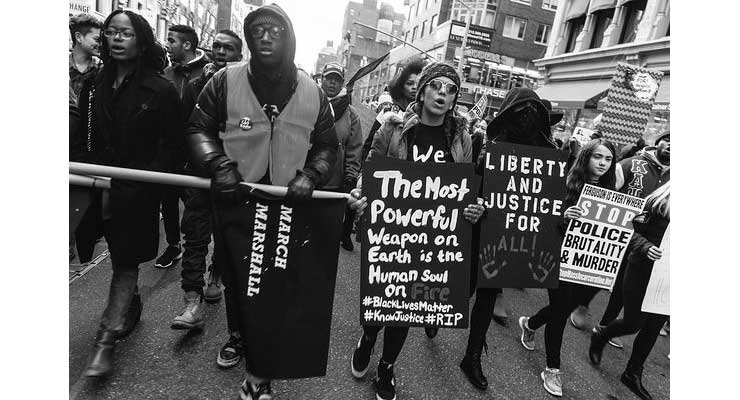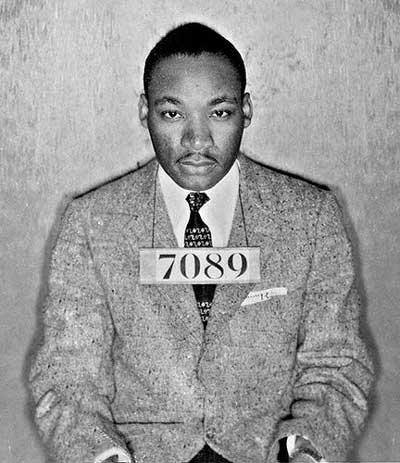
This is the first in a series of posts on Martin Luther King.
Martin Luther King was one of the few political leaders, then or now, that was able to articulate a coherent political strategy that emerged from and connected with on-the-ground social movement activism. What can we learn from King about political and rhetorical strategy, about movement building and organizing? What were his method and means?
Ella Baker, perhaps the most important organizer of the 20th century, said, “ ‘You see, I think that, to be very honest, the movement made Martin rather than Martin making the movement. This is not a discredit to him. This is, to me, as it should be.’’ We must remain wide awake to Baker’s work and teachings as part of our review of MLK. As the civil rights movement’s most articulate and influential leader we can hear the strategies and insights of the civil rights movement channeled in King’s speeches, writings and actions. Yes, the movement made Martin, and as Baker suggests: that’s a good thing.

Both King, “the movement” and the many movements since are extraordinarily complex. What follows is an interpretation—a useful one I hope—that makes no claim to being comprehensive.
My aim is to search for the universal values, ideals and strategic understandings appropriate for all of us regardless of religious belief, racial identity or political stance. As an African-American leader, King embodied differences that remain crucially important and were the source of his strength and creativity.
To use the kind of dialectical thinking King often relied on, we can find the universal residing within some particular movement, community or person. African-American history is the source of the lesson— but the lessons are for all. The global appeal of the American civil rights movement from Northern Ireland to South Africa demonstrates its universality better than any discourse I can muster.
MLK drew deeply from many sources: black history and christianity; the revolution in revolutionary strategy accomplished first in India; the promise of America embodied in the Declaration of Independence, and Constitution, and the many global struggles against imperialism in Africa, Asia and South America. MLK was fully engaged with both history and the world he lived in.
Out of this mix King fashioned a powerful political and rhetorical strategy based on a set of closely interwoven concepts and practices: non-violent civil disobedience, love, the beloved community, the America dream and a revolution of values. He relied upon his faith and African-American history to counter fear and fatalism. For King the world is a product of interdependence and mutuality. He urged us to be conscious of our connection with everyone and everything.
Leave a Reply